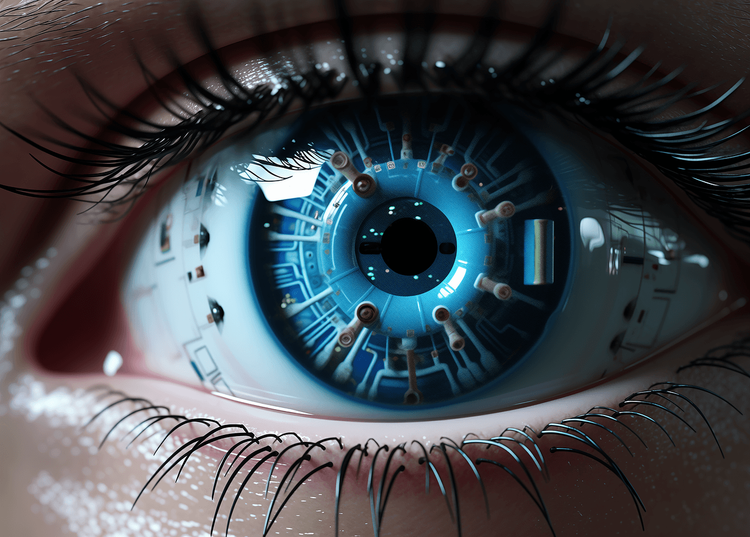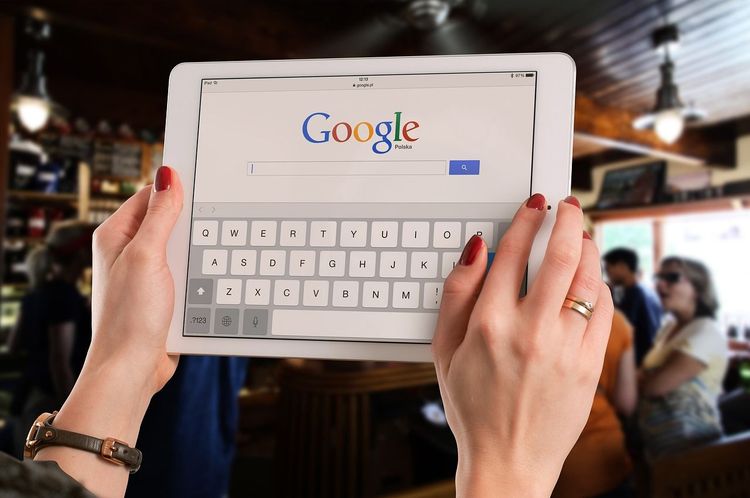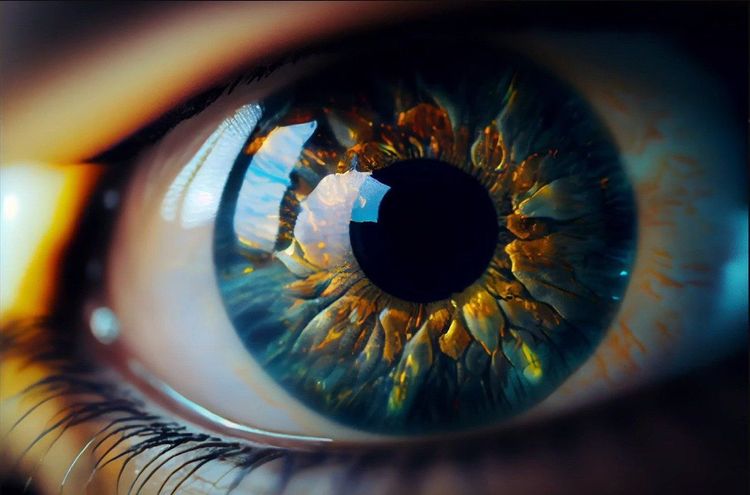In January, Google stirred excitement in the music industry by unveiling research on AI-powered music creation software that generates tunes based on textual prompts. Today, Google DeepMind has taken this innovation further by introducing Lyria, a new music generation model designed to integrate seamlessly with YouTube. Accompanying Lyria are two experimental tools: Dream Track, which allows users to create music specifically for YouTube Shorts, and Music AI, a suite of tools facilitating the creative process by transforming simple vocalizations into full songs. Additionally, DeepMind is adapting SynthID, originally developed for marking AI-generated images, to watermark AI-generated music as well.
These announcements come at a pivotal moment when AI's role in the creative arts is under scrutiny, recently highlighted during the Screen Actors Guild strike, which concluded this month. In the music realm, while the use of AI in projects like Ghostwriter—which emulated Drake and The Weeknd—raised eyebrows, it begs the question: will AI-generated music eventually become commonplace?
With today’s launch, DeepMind and YouTube's primary objective seems to be ensuring that AI-generated music maintains credibility. Their focus is not just on supporting creators but also on producing music that genuinely sounds like music. Past attempts by Google have revealed one major challenge: the longer AI-generated music plays, the more it tends to sound distorted, drifting further from the desired output. DeepMind acknowledged this issue, stating, “When generating long sequences of sound, it’s difficult for AI models to maintain musical continuity across phrases, verses, or extended passages.” Given that music often encompasses multiple voices and instruments concurrently, it presents a greater challenge than speech.
Notably, the first applications of the Lyria model are geared toward shorter compositions. Dream Track is currently in a limited rollout, enabling select creators to produce 30-second AI-generated soundtracks mimicking the styles of popular artists like Alec Benjamin, Charlie Puth, Charli XCX, and more.
Creators can enter a topic and select an artist, after which the tool generates a 30-second track featuring lyrics, backing music, and the chosen artist's vocals, ideal for use on Shorts. YouTube and DeepMind clarify that these artists actively participate in the project, contributing to the model testing and providing valuable feedback.
Lyor Cohen and Toni Reed, YouTube’s head of music and VP of emerging experiences and community projects, explained that these new Music AI tools emerge from Google's Music AI Incubator—a collaborative initiative involving artists, songwriters, and producers dedicated to exploring innovative capabilities in AI. “This initial group of participants was intensely curious about AI tools that could push the boundaries of creativity,” they noted. “They were eager for instruments that could enhance their artistic processes.”
Although Dream Track is being launched in a limited capacity, the full suite of Music AI tools is projected to become available later this year. DeepMind hinted at three focus areas: generating music with specified instruments or whole instrumentation from a simple melody; using MIDI keyboard chords to create full choral or ensemble pieces; and developing backing tracks for existing vocal lines—all of which can be combined, starting from just a simple hummed tune.
Google is not the only player navigating this evolving landscape; other companies are making strides as well. Meta open-sourced its AI music generator in June, Stability AI launched a similar tool in September, and startups like Riffusion are actively securing funding for their musical innovations. The music industry is adapting rapidly to these AI developments.







